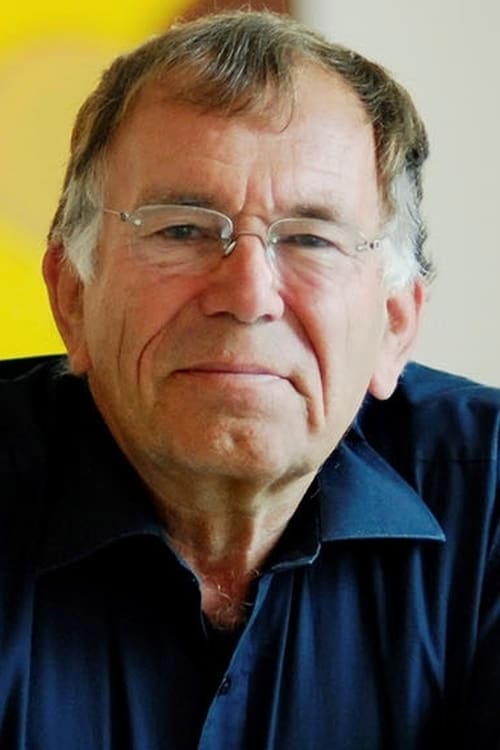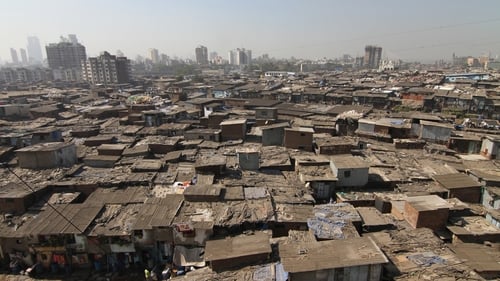Jan Gehl
Рождение : 1936-09-07, Copenhagen, Denmark
История
Jan Gehl (born 17 September 1936, Copenhagen) is a Danish architect and urban design consultant based in Copenhagen whose career has focused on improving the quality of urban life by re-orienting city design towards the pedestrian and cyclist. He is a founding partner of Gehl Architects.
Gehl received a Masters of Architecture from the School of Architecture at the Royal Danish Academy of Fine Arts (KADK) in Copenhagen in 1960, and practiced architecture from 1960 to 1966. In 1966 he received a research grant from KADK to study " the form and use of public spaces"; his book Life between Buildings (1971) reports his studies of public life in public spaces, and develops his theories about how city planning and architecture influence public life. He became a professor of urban planning at KADK, and a visiting professor around the world. He co-founded Gehl Architects in 2000 with Helle Søholt, held a Partner position until 2011, and remains a Senior Advisor.
As a "young architect working in the suburbs," Gehl married a psychologist and "had many discussions about why the human side of architecture was not more carefully looked after by the architects, landscape architects, and planners... My wife and I set out to study the borderland between sociology, psychology, architecture, and planning."
Gehl first published his influential Life Between Buildings in Danish in 1971, with the first English translation published in 1987. Gehl advocates a sensible, straightforward approach to improving urban form: systematically documenting urban spaces, making gradual incremental improvements, then documenting them again. In 2012 the book is translated into a film by the same name, exhibited in a 24 meters curved room at the "New Nordic Architecture" exhibition Louisiana Museum of Modern Art and later at the Venice Biennale for Architecture.
Gehl's book Public Spaces, Public Life describes how such incremental improvements have transformed Copenhagen from a car-dominated city to a pedestrian-oriented city over 40 years. Copenhagen's Strøget carfree zone, one of the longest pedestrian shopping areas in Europe, is primarily the result of Gehl's work.
Gehl participates in and advises many urban design and public projects around the world:
- In 2004 he carried out an important study in to the quality of the public realm in London, commissioned by Central London Partnership and Transport for London, and supported City of Wakefield and the town of Castleford in developing and delivering better public spaces, as part of an initiative known as "The Castleford Project".
- In 2007–08 he was hired by New York City's Department of Transportation to re-imagine New York City streets by introducing designs to improve life for pedestrians and cyclists. The DOT used Gehl's work to "directly inform" the implementation of their new urban planning and design policies and projects.
- Gehl has been influential in Australia and New Zealand as well, where he prepared Public Life studies for the city centres of Melbourne (1994 and 2004), Perth (1995 and 2009), Adelaide (2002) Sydney (2007), Auckland (2008), Wellington (2004), Christchurch, Launceston and Hobart (2010). ...
Source: Article "Jan Gehl" from Wikipedia in English, licensed under CC-BY-SA 3.0.



